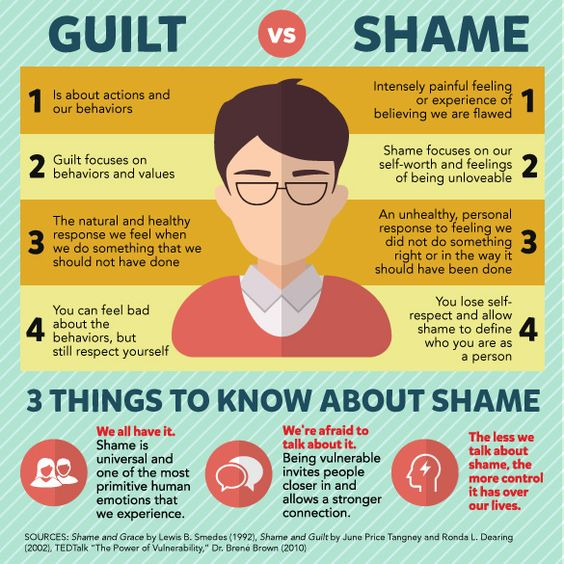
Write something
The difference between guilt and shame
We throw around the words guilt and shame like they’re the same thing. They’re not. And confusing the two is one of the fastest ways to stay stuck in self-sabotage. • Guilt is about what you did. It says: “I made a mistake.” It’s tied to actions, values, behaviors. Guilt can actually be useful. It’s a signal that you crossed a line you don’t want to cross again. • Shame is about who you are. It says: “I am a mistake.” Shame goes deeper, it attacks your sense of worth, not just your choices. And that’s dangerous, because when you believe you are broken, it’s hard to imagine you can grow or do better.
0
0

Tired of Nagging? Try This Instead.
It’s easy to fall into nagging when you’re not getting what you want in a relationship. NAGGING DOESN’T WORK If you nag constantly, it damages your connection, and eventually, your partner just stops taking you seriously. 1. Straightforward Communication Discuss issues directly and calmly Avoid attacking your partner. Focus on finding solutions, which might mean compromise. - If it’s about chores, reevaluate what each of you should handle. - If your partner said they’d do something but haven’t gotten to it, keep in mind everyone’s schedule is different. - If it needs to be done right now, ask directly or do it yourself and let them handle another task later. Also, consider: is this task something they hate more than you do? If so, trade tasks. Everyone has chores they hate, which makes procrastination more likely. Example: Personally, I hate unloading the dishwasher or taking out the garbage. I still do them, but whenever my husband offers to help, I hand one of those off. Over time, he’s learned that if the dishwasher is clean, unloading it is the most helpful thing he can do for me. It gives your partner opportunities to go out of their way for you. 2. Don’t Let Resentment Build My personal rule: if doing a task will make me resentful, I don’t do it. If my husband promised to take out the trash and hasn’t done it yet, I leave it even if it piles up. Because I know he’ll eventually get to it, just not on my timeline. If your partner breaks a promise about timing, trust me they know it, and they usually feel bad without you pointing it out. Remember, your partner also has a full life outside the relationship. They’ll be tired, overwhelmed, or distracted sometimes just like you. 3. Use Positive Reinforcement This sounds simple, but it works: say thank you. Avoid passive aggressive digs like “It’s about time you finally did that.” Remarks like that only make your partner want to avoid the task in the future. Genuine appreciation, on the other hand, motivates repetition.
0
0

1-2 of 2
